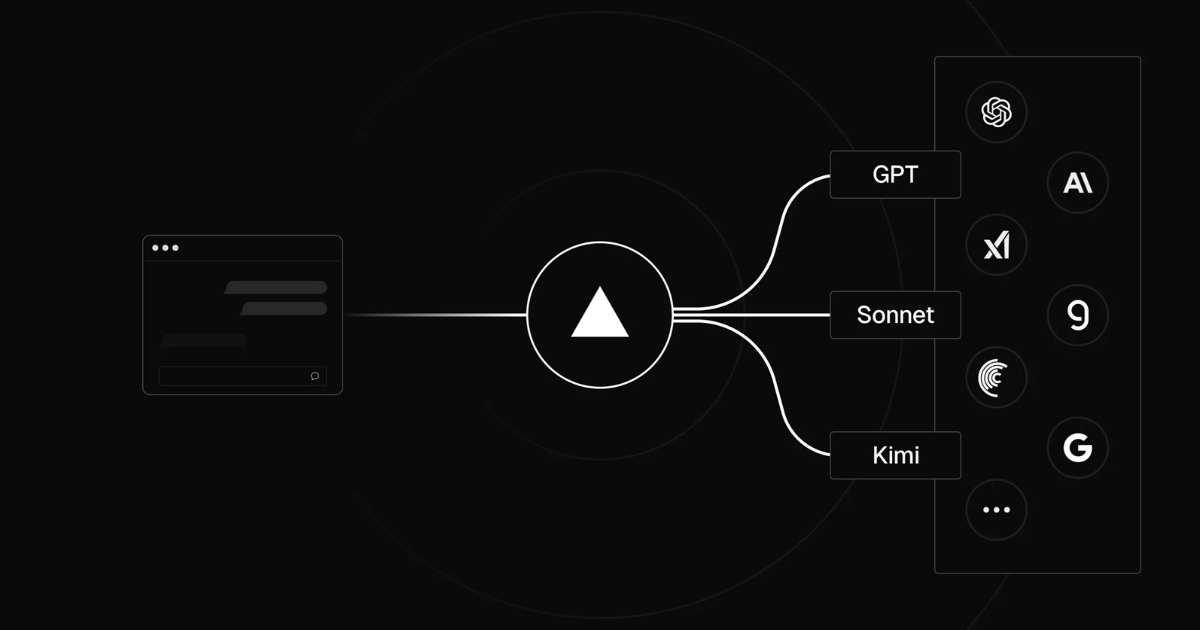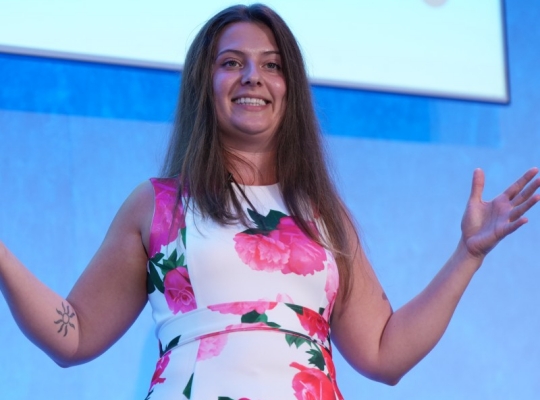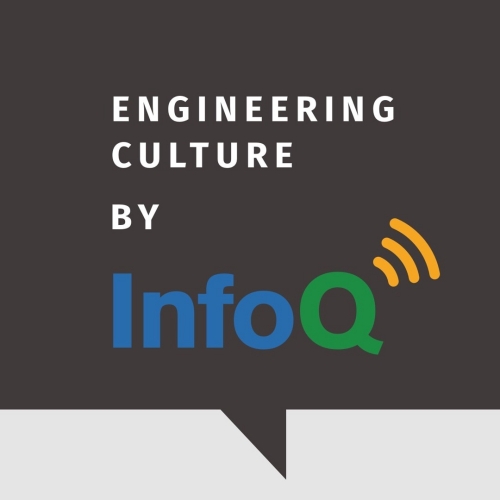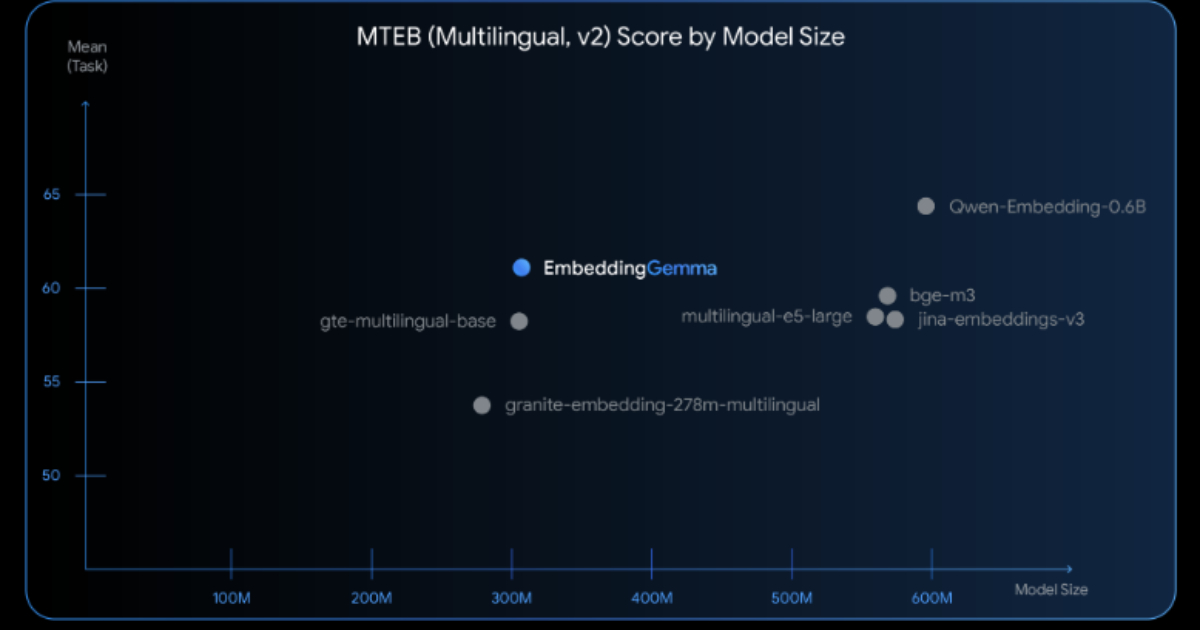Codetown
Codetown ::: a software developer's community
OrlandoJUG - Meeting Info
Hello OrlandoJUG!
This month's meeting is cancelled but next month's meeting is going to be great.
Josh Davis will present "OrlandoJUG - Moving to Cloud Foundry from JEE, the PAAS Journey".
Born in Brooklyn, NY, Joshua Davis graduated from Blackburn College in Carlinville, IL (1989) with a degree in Computer Science. Early on in his career Joshua worked for Telecom and the Travel related industry and specialized in C++ with the Oracle toolset (PRO*C, PL/SQL, Forms, Reports, etc.). After spending time learning Java from Bruce Eckel, Joshua decided to become a Java Developer and has been programming in Java since 1999. In 2004 he met Rod Johnson at the J2EE Server Side Only Conference and has been a Spring Framework advocate ever since. Joshua spoke at SpringOne and the GR8 conference in 2010. He has also published articles in Groovy and Grails magazine. After working for two international consulting firms, he joined VMWare Professional Services in 2011 and transitioning into Pivotal PSO in 2013.
This meeting is sponsored by CambridgeWeb, www.cambridgeweb.ie. Working software developers, since 1997!
Pizza and refreshments courtesy
of Pivotal www.gopivotal.com
Please invite a friend and RSVP so we'll know how much pizza to order!
Here's the meeting info: www.codetown.us/events/orlandojug-moving-to-cloud-foundry-from-jee-...
Hope to see you there!
All the best,
Michael Levin
OrlandoJUG Chairman
Tags:
Replies to This Discussion
-
Permalink Reply by Michael Levin on May 21, 2014 at 12:32pm
-
Hi Everyone:
Don't forget: Our monthly meeting is tomorrow night at DeVry. We'll have a great presentation and lots of pizza. So, please RSVP and bring a friend.
Here's the meeting info: www.codetown.us/events/orlandojug-moving-to-cloud-foundry-from-jee-...
All the best,
Michael Levin
OrlandoJUG Chairman
-
Notes
Welcome to Codetown!
 Codetown is a social network. It's got blogs, forums, groups, personal pages and more! You might think of Codetown as a funky camper van with lots of compartments for your stuff and a great multimedia system, too! Best of all, Codetown has room for all of your friends.
Codetown is a social network. It's got blogs, forums, groups, personal pages and more! You might think of Codetown as a funky camper van with lots of compartments for your stuff and a great multimedia system, too! Best of all, Codetown has room for all of your friends.
Created by Michael Levin Dec 18, 2008 at 6:56pm. Last updated by Michael Levin May 4, 2018.
Looking for Jobs or Staff?
Check out the Codetown Jobs group.
InfoQ Reading List
Vercel Introduces AI Gateway for Multi-Model Integration

Vercel has rolled out the AI Gateway for production workloads. The service provides a single API endpoint for accessing a wide range of large language and generative models, aiming to simplify integration and management for developers.
By Daniel DominguezPresentation: Secure by Design: Building Security into Engineering Workflows and Teams

Stefania Chaplin explains how to integrate security into engineering workflows and teams using a "Secure by Design" approach. Drawing on her extensive experience, she shares practical strategies for a security-first culture by focusing on people, processes, and technology, including the use of security champions and automation to improve resilience and reduce costs.
By Stefania ChaplinPodcast: Why Software Development Sucks And 7 Mental Models To Help Fix It

Shane Hastie, Lead Editor for Culture & Methods, spoke to Thanos Diacakis about how teams often struggle with software delivery. He proposes a shift in mental models and a four-step framework to systematically improve software development by focusing on bottlenecks, balancing different types of work beyond just feature delivery, and investing 20-30% of effort in improving how the team works.
By Thanos DiacakisNext.js 15.5 Ships - Turbopack Production Builds, Node.js Middleware, and Tighter Typescript DX

Next.js 15.5 has landed, delivering faster builds and powerful server-side middleware. Key highlights include the Turbopack bundler, which boosts compilation speed by 2x to 5x, and Node.js middleware enhancements. TypeScript improvements enhance developer experience with stable typed routes and early error detection.
By Daniel CurtisGoogle DeepMind Launches EmbeddingGemma, an Open Model for On-Device Embeddings

Google DeepMind has introduced EmbeddingGemma, a 308M parameter open embedding model designed to run efficiently on-device. The model aims to make applications like retrieval-augmented generation (RAG), semantic search, and text classification accessible without the need for a server or internet connection.
By Robert Krzaczyński
© 2025 Created by Michael Levin.
Powered by
![]()